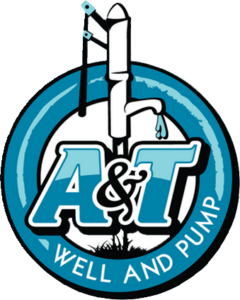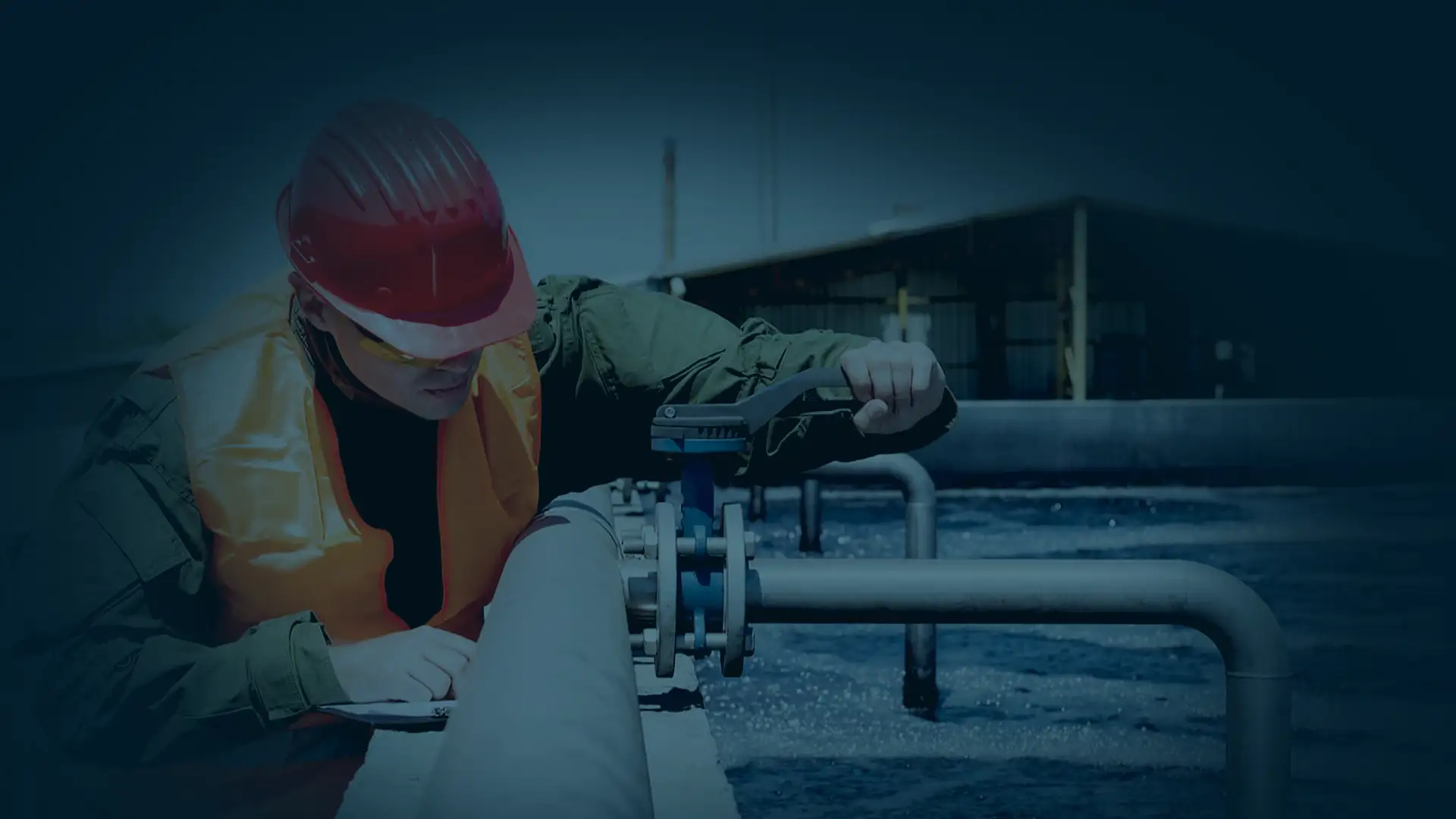If you are wondering how to improve well water quality, one of the primary things…
Your well is more than just a water source—it’s a lifeline for your household, farm, or business. At A&T Well and Pumps, we know that clean, safe drinking water is essential to protecting your health and the health of those you care for and how preventing well water contamination is of the upmost importance.
As a trusted well pump service provider in central North Carolina, we’re here to help you safeguard your water supply by preventing private well water contamination and maintaining water quality.
What Can Cause Well Water Contamination?
Contaminated well water occurs when harmful substances are present in the water supply, posing risks to human health and the environment.
These harmful water contaminants can include bacteria, viruses, heavy metals, chemicals, and other contaminants that come from both natural sources and human activities.
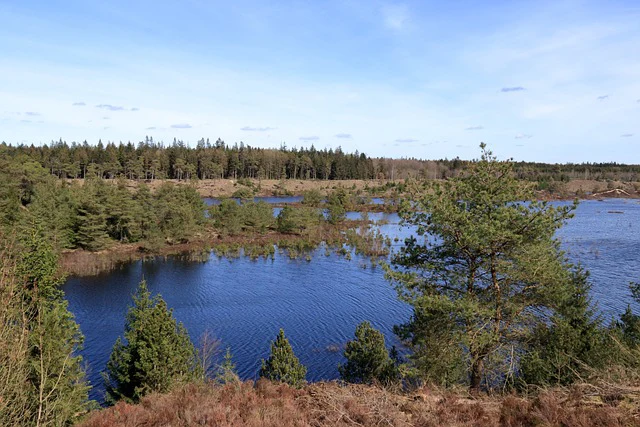
Natural Causes of Contaminated Well Water
The geological makeup of the surrounding land directly affects groundwater movement and water quality. For example, private well water located near soft or acidic soils may be at higher risk of heavy metal contamination from naturally occurring elements like arsenic and lead.
Climate factors like rainfall and drought play a role, as excessive rainfall can lead to surface water seepage, where surface water polluted by animal waste or pesticides makes its way into the groundwater.
Drought conditions can result in high concentrations of naturally occurring contaminants in the limited groundwater that remains, creating potentially negative health effects like stomach problems or even high blood pressure when consumed.
Human Causes of Contaminated Well Water
Many cases of well water contamination are tied to human activities, including the improper use and disposal of chemicals—including fertilizers, herbicides, and pesticides—can seep into groundwater and impact your water wells.
Industrial sites, agricultural lands, and even animal feedlots can introduce other contaminants and chemicals to the water supply through runoff or accidental leaks.
Additionally, leaking underground storage tanks used for fuel or industrial liquids can release dangerous substances into the groundwater, eventually contaminating private wells.
Landfill Contamination
Even with strict environmental rules, groundwater near landfills can become polluted due to landfill leachate—a liquid produced as waste breaks down, which often contains bacteria, heavy metals, and other chemicals.
If your well is installed too close to a landfill, this leachate can reach your water supply and compromise your water safety. The best defense is to maintain a safe distance between your well and any local landfill sites and ensure you’re aware of potential contamination risks.
Septic Systems
Failing or poorly maintained septic systems are a leading cause of contaminated well water. Cracked septic tanks or overloaded septic leach fields can allow untreated wastewater to leak into nearby groundwater sources. When septic system backups occur, surfacing wastewater can enter wells through small cracks, increasing the risk of bacterial or viral contamination.
To prevent this, regularly inspect your septic system to confirm it’s functioning correctly and effectively removing harmful bacteria before wastewater is discharged into the soil. Also, be sure to follow local guidelines on maintaining a safe distance between your well and septic tanks or septic leach fields.
Types of Contaminants Found in Private Wells
Private wells can be affected by a wide range of contaminants that impact drinking water safety and water quality. It is essential to regularly conduct water quality testing of private wells and take preventative measures to maintain well water safety and avoid the following types of contaminants.
1 - Bacteria and Viruses
Microorganisms like E. coli and coliform bacteria can enter wells through surface water seepage, cracked septic tanks, or animal waste. These pathogens can cause serious health effects such as diarrhea, stomach problems, and infections.
2 - Nitrates and Nitrites
Commonly found near agricultural areas, nitrates come from fertilizers, animal feedlots, and septic leach fields. High nitrate levels pose serious health risks, particularly for infants, where they can cause blue baby syndrome (methemoglobinemia).
3 - Heavy Metals
Heavy metals like lead, arsenic, and copper may naturally occur in the soil or leach from old pipes, underground storage tanks, or industrial sites. Long-term exposure can lead to high blood pressure, kidney damage, or even skeletal fluorosis.
4 - Pesticides and Herbicides
Agricultural chemicals can seep into the groundwater from nearby farms or lawns. These other chemicals can build up over time, increasing the risk of cancer, liver problems, or nervous system disorders.
5 - Volatile Organic Compounds (VOCs)
VOCs, which come from gasoline, solvents, and industrial chemicals, can leak from underground storage tanks or waste disposal sites into groundwater. These substances are linked to cancer and organ damage.
6 - Salts and Minerals
A salty taste in tap water often indicates elevated mineral levels, which can naturally occur or result from road salt runoff. While not always dangerous, excessive minerals can affect plumbing and appliance function.
Signs of Well Water Contamination
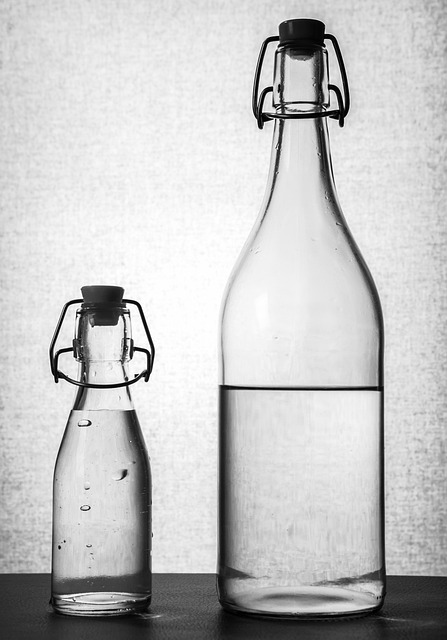
It is essential to monitor the quality of well water regularly to detect any signs of well water contamination. Signs of contaminated well water can include changes in water quality, taste, odor, or color, as well as various health problems.
Changes in Water Quality
One of the most noticeable signs of contaminated well water is a change in water quality. This can include increased turbidity or cloudiness, the presence of sediment or debris, and changes in pH levels.
If you notice any significant changes in water quality, have the water tested immediately to identify any potential contaminants. Waiting can put you and your family’s health at risk.
Changes in Water Taste, Odor, or Color
Contaminated well water may have a distinct taste, odor, or color that is different from what you are used to. For example, the water may have a metallic taste or a musty odor. Discoloration of the water can also be a sign of contamination, such as brown or yellowish water.
If you notice any of these changes, it is essential to get your well water tested to address the root of whatever the problem is.
The Presence of Health Problems
Exposure to contaminants can pose various health risks, depending on the type and level of contaminants present.
Some common symptoms of exposure to contaminated well water include:
- Gastrointestinal problems such as diarrhea and vomiting
- Skin rashes
- Respiratory problems
- Neurological disorders
If you or anyone in your household experiences any of these symptoms, seek medical attention immediately and have your well water tested.
How to Prevent Well Water Contamination
Preventing contaminated well water is crucial to ensure that the water remains safe and healthy for consumption and bathing.
Proper well installation and well maintenance, as well as responsible waste disposal and agricultural practices, can help prevent well water contamination.
Proper Well Construction and Maintenance
Here are some tips for well owners to ensure the prevention of water contamination:
- Well location: The location of the well can have a significant impact on the quality of well water. Wells should be located away from potential sources of contamination such as septic systems, livestock pens, and fuel storage tanks.
- Well cap: A properly installed well cap can prevent the entry of foreign materials, such as insects and debris, into the well.
- Grading around the well: Proper grading can help prevent surface water from entering the well. The area around the well should be sloped away from the well to prevent standing water.
Annual well inspections: Regular video well inspections can help identify potential issues such as cracks in the well casing, which can allow contaminants to enter the well.
Proper Waste Disposal
Proper waste disposal can help prevent contaminants from entering the groundwater. This can include responsible disposal of hazardous waste, such as batteries and chemicals, and household waste such as medications and cleaning products.
Hazardous waste should be disposed of at designated facilities to prevent contamination of groundwater. Household waste, such as cleaning products and medications, should be disposed of properly according to local regulations.
Proper Use and Storage of Chemicals
Proper use and storage of chemicals can help prevent contamination of the groundwater. This can include the proper use of pesticides and herbicides. Pesticides and herbicides should be used according to the manufacturer's instructions and not over-applied.
Additionally, household chemicals should be stored properly to prevent leakage or spillage. Any unused or expired chemicals should be disposed of according to local regulations.
Proper Agricultural Practices
Proper agricultural practices can help prevent contamination of the groundwater. This can include responsible use of fertilizers and manure and proper irrigation techniques. Fertilizers and manure should be applied according to soil test results and not over-applied.
Proper storage and disposal of manure can prevent contamination of groundwater. Proper irrigation techniques, such as drip irrigation and using irrigation scheduling, can help prevent the over-application of water and chemicals, which can lead to the contamination of groundwater.
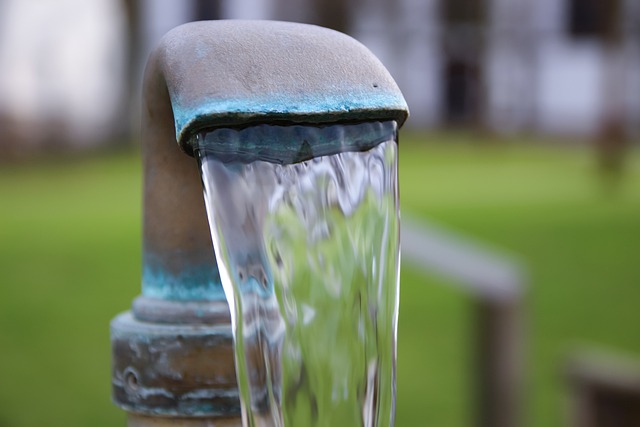
Regular Water Testing
Regular water testing can help identify potential contaminants early on and allow for prompt corrective action. Well water should be tested at least once a year and more frequently if there is a change in water quality or other potential sources of contamination.
Backflow Prevention
Install a backflow prevention device on your well system to prevent contaminated water from entering the well. While it is still essential to deal with the contaminated water, this can help prevent this water from getting into your water supply.
Benefits of Professional Well Water Testing
Even if your private well water looks clear and tastes fine, hidden contaminants could still be present, posing risks to your health and the quality of your drinking water. Professional well water testing is the most reliable way to detect problems early and keep your water supply safe.
Here are some key benefits of investing in professional testing to avoid well water contamination:
- Accurate detection of contaminants: Identifies bacteria, heavy metals, nitrates, and other chemicals that home test kits might miss.
- Health protection for your household: Reduces the risk of health effects like stomach illnesses, high blood pressure, or long-term exposure to toxic substances.
- Customized treatment recommendations: Provides expert guidance on water treatment solutions based on your specific test results and local conditions.
- Compliance with local regulations: Ensures your private well meets state or county water safety standards, especially if you’re in areas with known groundwater issues.
- Early detection saves money: Identifies issues before they worsen, helping you avoid costly repairs or replacements to your water system.
- Peace of mind: Confirms that your tap water is safe for drinking, cooking, and everyday use—giving you confidence in your water supply.
Well Water Contamination FAQs
What is the most common contaminant in well water?
Bacteria is the most common contaminant found in groundwater. It can seep into the water system through construction, heavy rain events, and other activities. A common test done for bacteria is the “total coliform bacteria” test.
Can I boil contaminated water to make it safe?
Boiling contaminated water is not a solution for contaminated water but it will kill germs in the water while you are having your well water treated. It is important to follow boil water advisory guidelines to reduce your chance of getting sick from contaminated water.
What is the best treatment for well water?
Treating your well water with a water filtration system designed for wells is the best treatment for well water. This can help to improve the taste and water of your water naturally without the use of any chemicals.
To learn more about how a water filtration system can help your water supply, contact the team at A&T Well and Pump today.
How can I protect my well from surface runoff?
To protect your well from surface runoff, you can slope the land around your well to direct rainwater away from the well casing and ensure proper drainage is in place.
Can I Use a Water Filter to Protect My Well Water?
A water filter can help to remove contaminants, but it should not be considered as a substitute for regular well water testing and proper well maintenance.
Contact Form
We would love to hear from you! Please fill out this form and we will get back to you shortly.
"*" indicates required fields
